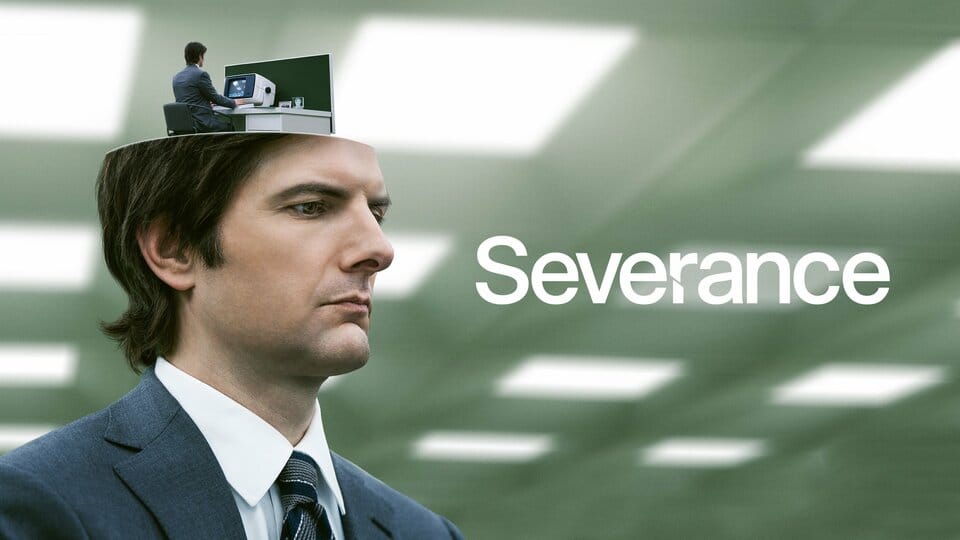
I find there to be two different sections of the sci-fi genre that I frequently assimilate a piece of film or television into. The first genre, or what I would call the larger, more accessible examples of science fiction, are the sprawling blockbuster ventures, ones with extensive sequels, prequels, etc. This genre could apply to Star Wars(1987) or Star Trek(1966), even Dune(2021) on occasion. These movies engage in expansive “world-building” and immerse you so fully into a world unlike our own that the setting itself is gripping. While we remain entirely fixated on the unbelievable aspects of these realities, we also grow to understand the complexities of their politics or relationships, but only insofar as they exist in these worlds. The other section of the genre I find is usually on a smaller scale, less significantly franchised, and oftentimes suited for a younger audience. What comes to mind the quickest for this genre are movies like The Hunger Games (2012) , Divergent (2014), and Maze Runner (2014). They are undeniably works of science fiction, taking place in a dystopian future, elements of the world and its components different from ours, but what sets them apart from the other section is that this future is considerably more foreseeable. The world we see is, in many ways, still similar to our own, not so detached from our daily reality, and yet there is always a fundamental conceit that differentiates it. Rather than fully submerging the viewer in fantastical elements and imaginary beings, this sub-genre submerges us in a crucial deviation from our reality.
This post is for subscribers only
Subscribe now and have access to all our stories, enjoy exclusive content and stay up to date with constant updates.
Already a member? Sign in
